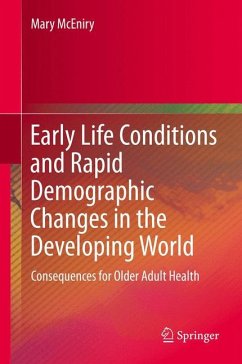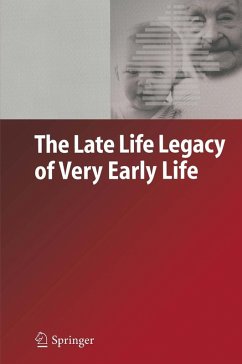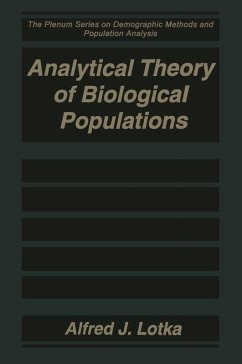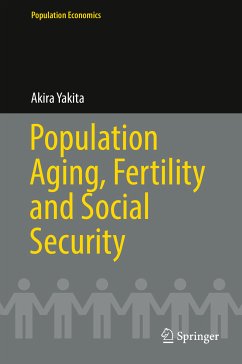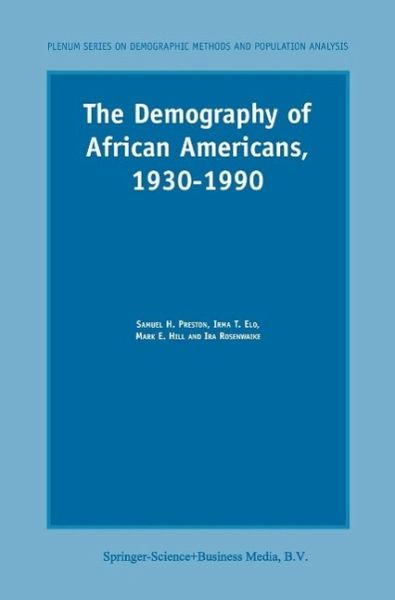
The Demography of African Americans 1930-1990 (eBook, PDF)
Versandkostenfrei!
Sofort per Download lieferbar
72,95 €
inkl. MwSt.
Weitere Ausgaben:

PAYBACK Punkte
36 °P sammeln!
African Americans constitute one of the most interesting and dynamic components of the population of the United States. Unfortunately, an accurate assessment of their demographic characteristics is beset by inaccuracies in the underlying data. Using a novel strategy that combines record linkage and demographic/statistical analysis, the authors produce an internally consistent and robust set of estimates of the African-American population during the period 1930-1990. They interpret the record that emerges, with special reference to longevity trends and differentials. This work is of particular ...
African Americans constitute one of the most interesting and dynamic components of the population of the United States. Unfortunately, an accurate assessment of their demographic characteristics is beset by inaccuracies in the underlying data. Using a novel strategy that combines record linkage and demographic/statistical analysis, the authors produce an internally consistent and robust set of estimates of the African-American population during the period 1930-1990. They interpret the record that emerges, with special reference to longevity trends and differentials. This work is of particular interest to demographers, sociologists and students of ethnic studies.
Dieser Download kann aus rechtlichen Gründen nur mit Rechnungsadresse in A, B, BG, CY, CZ, D, DK, EW, E, FIN, F, GR, HR, H, IRL, I, LT, L, LR, M, NL, PL, P, R, S, SLO, SK ausgeliefert werden.






